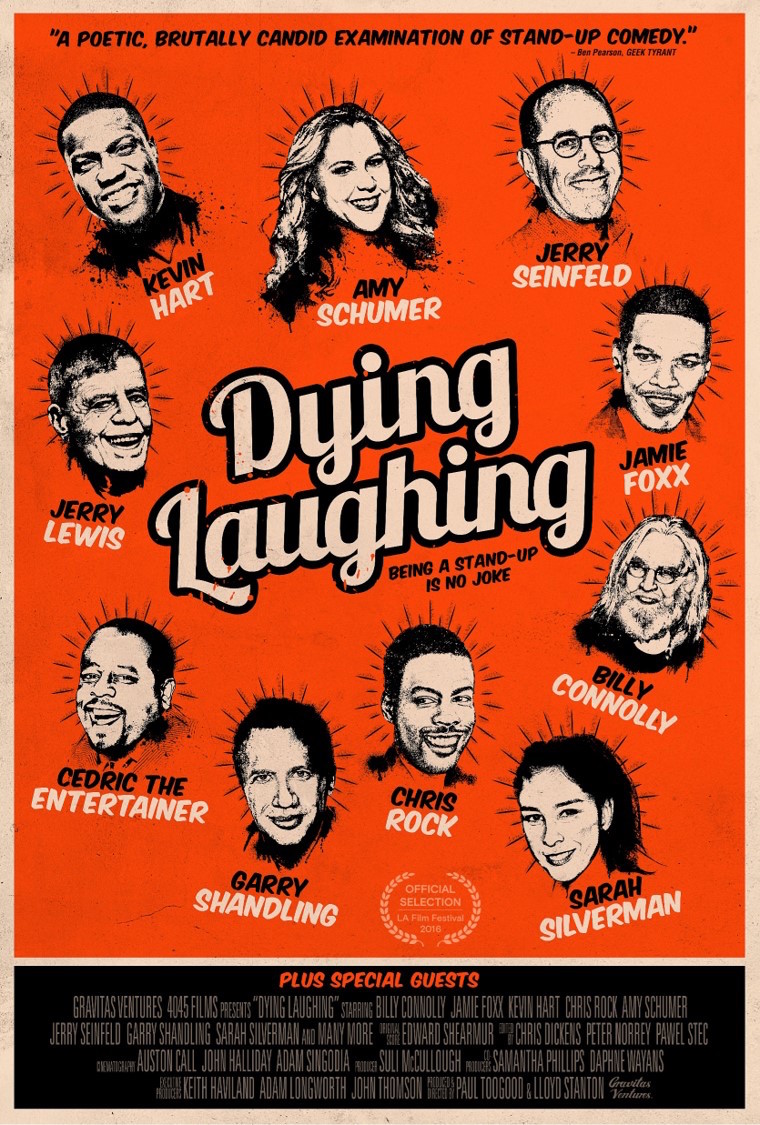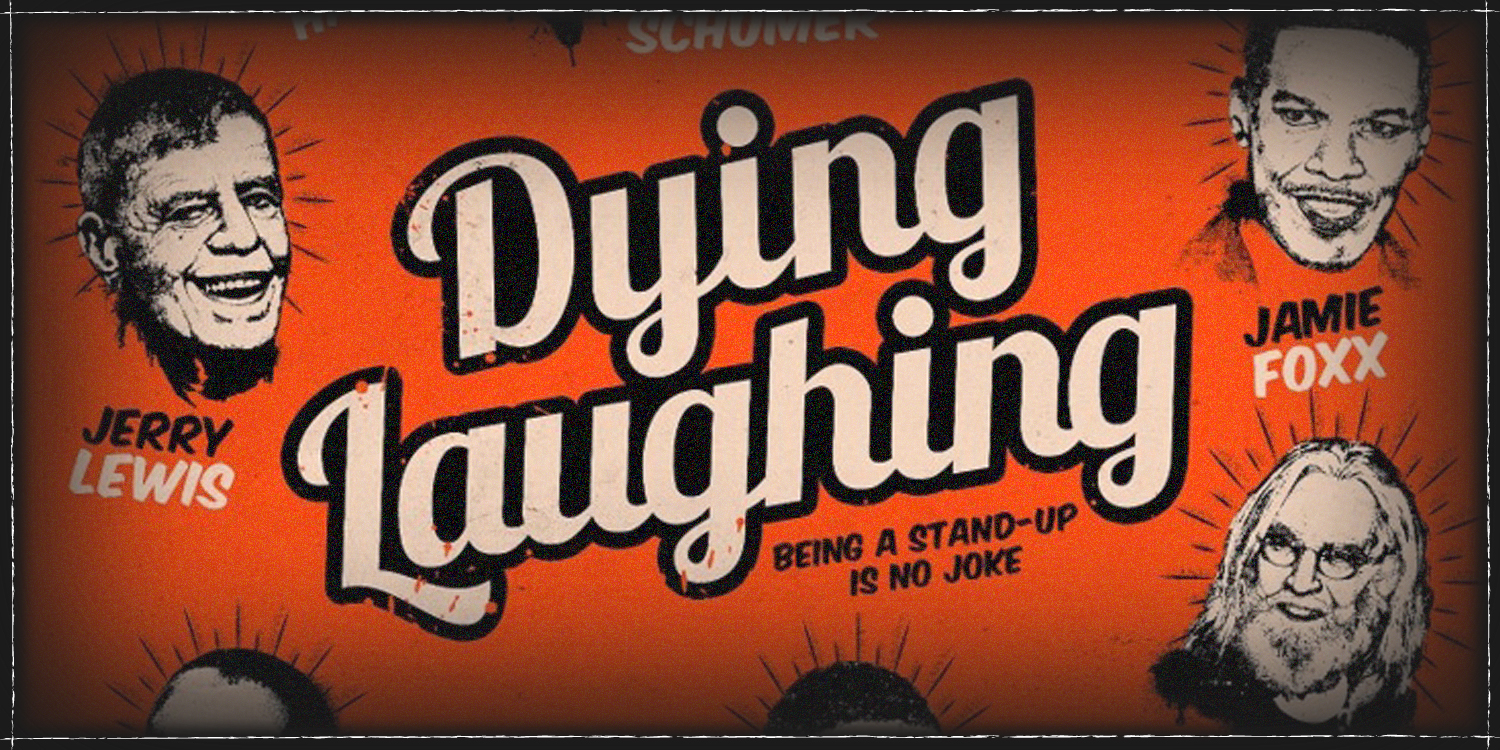Just as legendary comedian, Dave Chapelle, announces a series of 10 Radio City performances in New York in August, the discussion about the role of the stand up emerges once again. “I could quit my show, and that’s one kind of difficulty, but quitting doing stand-up would be another,” Chapelle admitted in an interview in the New York Times, earlier this year.
There is definitely something unique about the art-form that differentiates its practitioners from other artists. “We are the last philosophers” says Chris Rock in the opening sequence of the film going on to comment that everybody else is “scripted”. Gritty, unconventional, brave, audacious sometimes, stand up comedy is simultaneously an observation, comment, attack and catharsis. Touching upon controversial and divisive socio-political issues and taboos, the acts aim to become live catalysts that promote collective therapy and reconciliation through laughter. Its live, interactive nature dictates whether it meets its objectives or not. The comedian assesses the audience and generally ends up either 'killing' or 'bombing', with few options in-between.

Stripped of their costumes, routines and acts some of the world’s top stand-up comedians swap the familiar stage with what seems like a psychiatrist’s chair to give us a glimpse of how it all started: their humble beginnings, doing one-nighters in hick towns to hostile audiences, difficulties in finding their own style, becoming professionals, and the continuous strive to master their art-form. Chris Rock, Jerry Seinfeld, Amy Schumer, Kevin Hart, Jamie Foxx, Sarah Silverman, Jerry Lewis, Steve Coogan, Eddie Izzard, John Thomson, Jason Manford, Frank Skinner, Jo Brand, Lee Mack, Omid Djalili, Stewart Lee, Frankie Boyle, Sean Lock, Stephen K. Amos, the late Victoria Wood and Garry Shandling share interesting anecdotes about their work and life.
One of the most moving stories was Royale Watkins’ unfortunate 'bombing'. Not only did it cost him dearly on a personal level, but also the once in a lifetime opportunity to meet his hero Michael Jordan. In an emotional account he narrates how,despite his best efforts, his act was met with growing dissatisfaction from an impatient audience. He decides to speed up his routine, but the hecklers multiply, eventually booing him off stage. “This was the only time I put the microphone back on the mic stand thinking, that’s it. This is too much for me. And this crushed me” Watkins says. The worst was yet to come, though. Standing on the side of the stage looking at the audience he realises that Michael Jordan is among them. The show finishes and the other comedians flock round the basketball superstar while Royalle can only peek through the theatre curtains . Ironically, there was a second show that night in which Watkins excelled, but Jordan had long since gone…


